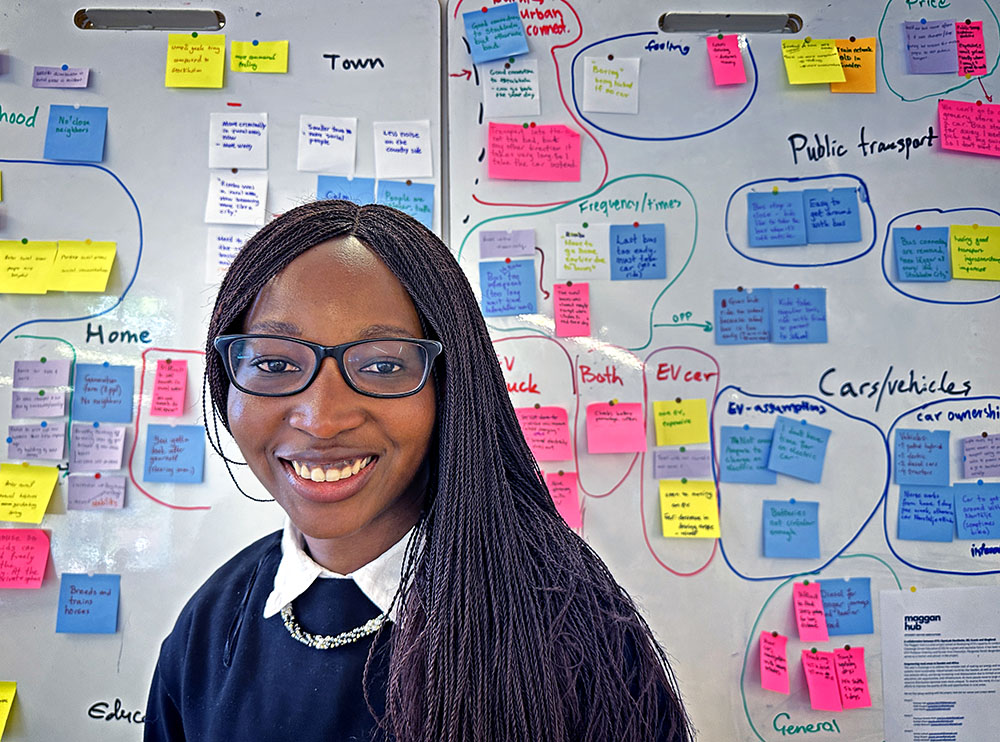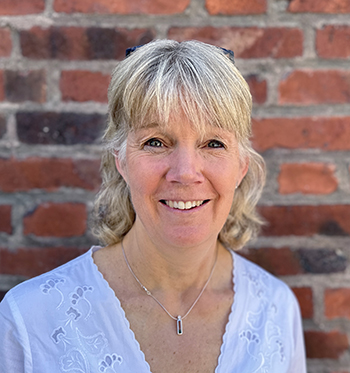Tanzania is a model for a new educational initiative

The need for new sustainable solutions to societal problems is great, and time is short. In a new initiative, the Maggan Hub, KTH students get the chance to engage in complex societal challenges linked to sustainable development.
Lena Gumaelius, Director of KTH's Global Development Hub (GDH), is responsible for the new initiative:
"It is a student-led platform where companies, teachers and students meet and discuss problems and solutions. Establishing physical places where students engage with companies already when they are studying at KTH is a success factor for KTH to be able to educate tomorrow's employees who will work for sustainable societal development," Gumaelius says.
Solutions to real societal challenges
The idea of the Maggan Hub comes from collaborations within the framework of the GDH, which aims to find sustainable solutions to current societal challenges through partnerships with universities in Kenya, Tanzania, Rwanda and Botswana.

"We have been inspired by our collaboration with the University of Dar Es Salaam in Tanzania, which has developed a system of community hubs, with UNICEF, for example, contributing to community challenges in one of them. In that hub, students have solved problems related to mothers and their children," Gumaelius says.
Solutions don't have to be high tech
The initiative can work in a few different ways. Students can get involved through their studies, as it is possible to dedicate a degree project to a specific societal challenge. Teachers can ensure that all or parts of courses address specific challenges. Companies can develop their approach to how their business can best contribute to the desired societal transformation.
"It is about understanding the types of changes that need to be made for society to be more sustainable. Innovations developed can be anything from an idea, a policy document for change or simple innovations. The solutions do not always have to be high tech. For example, it is possible to run the internet via the electricity grid," Gumaelius says.
The importance of being honest
Faith Hungwe is one of the 12 exchange students participating in this year's Maggan Hub. She has just completed her Master's degree in MSc Molecular Techniques in Life Science, a programme jointly offered by KTH, KI and Stockholm University. Originally Faith comes from Zimbabwe. She emphasises that it is the discussions that are the most important part of challenge-driven education, not necessarily a solution in the form of a product or service.

"It is important to be honest when discussing different problems. It is not easy. In my case, it can be about what happened during the colonisation of African countries. How we have lost traditions that have been displaced by more Westernised ways of life. Where once we lived sustainably, in harmony with nature," Hungwe says.
Discussions a key part
Magnus Eneberg, a researcher at the Integrated Product Development and Design Unit and project manager of the Maggan Hub, agrees that the discussions between students and organisations are a very central part of the educational endeavour. "To really create lasting and sustainable solutions to societal challenges, one needs to stop at the problem formulation phase and deeply understand the underlying social structures, values, drivers and norms.
"This year's Maggan Hub can be seen as prototyping new forms of learning and one observation is that it would be beneficial if there was room for more meetings between organisations and students. In the joint discussion, mutual learning occurs where different perspectives can meet," Eneberg says.
Text: Peter Asplund
